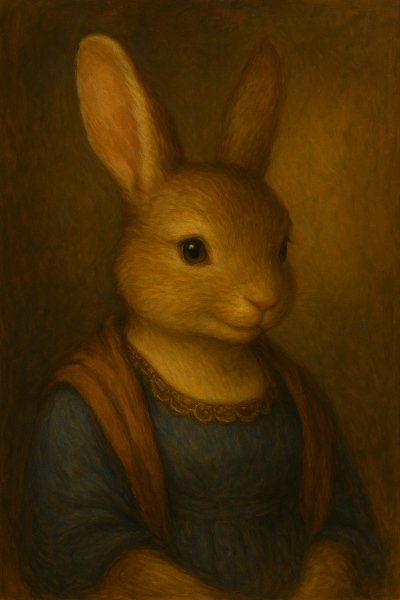We don’t teach for grades. We don’t even have a classroom or a grading system.
We build mastery through real work, tested in the field at real businesses.
State and Federal offer a secondary assessment systems that kids enjoy beating.
Most universities in the world offer a formal entry exam either private or public.
Here, at Gervi Héra Vitr, kids have office, shop, and lab space; tools, machines, and toys.
Most importantly, here kids have freedom to learn, to create, to make mistakes, and grow.
Overview
The Gervi Héra Vitr curriculum is interdisciplinary, iterative, adaptive, and incremental.
All learning is contextualized in real work on real assets and is completely salf-paced.
There are no semesters, quarters, periods, school years or any other superficial timeframes.
As in colonial times kids learn continuously regardless of "vacations" because life is continuous.
Our kids keep a diary of their learning activities and reflections.

Each student progresses through high-agency "learning trails" that tightly combine:
Core Domains
-
Philosophy[1] — logic, ethics, decision theory, Stoicism ← the foundations of science:
-
Mathematics — from arithmetic to calculus and proof;
-
Physics — from Newtonian mechanics to quantum mechanics and relativity;
-
Chemistry — from acids and bases to organic chemistry and biochemistry;
-
Biology — from microscopic life to macroscopic ecosystems and evolution;
-
Astronomy — from the Sun to the Universe and beyond;
-
Psychology — from cognitive psychology to social psychology and neuroscience.
-
-
Applied Sciences[1][2] — software engineering, artificial intelligence, robotics ← civilization:
-
Business — entrepreneurship, marketing, commerce && finance and personal finances;
-
Law & Government — herding structures, government forms, ethics, justice, lobbying;
-
Leadership & Ethics — volunteering, supporting democracy and independence fighters;
-
Engineering & AI — robotics, machine learning, component printing, circuit design.
-
-
Humanities[2] — language, literature, poetry, history, and performing arts:
-
Systems & Society — law, civics, leadership, impact of innovation and adoption curve;
-
Languages — linguistics, language families and language learning, theory and practice;
-
Literature — poetry, prose, fiction, selected works of American and world authors;
-
Performing Arts — composition, improvisation, choreography, comics, and drama.
-
Methodology and Philosophy of Pedagogy
Mind is a temple. Treat it as one.

-
No lectures. No tests. No busywork.
-
Lifelong continued learning is not an achievement but a fundamental necessity.
-
There’s no such thing as specialization or preferred focus:
-
A real world objective is selected and the asset for it is created;
-
Both theoretical and practical learning is applied together to create the asset;
-
Progress is proven through the quality of the assets, not any "assignments."
-
-
Every day uses the 80/20 rule to learn to optimize running productivity.
School Year Concepts
-
Learning never stops in real life — no such things as a vacation from thinking.
-
Breadth of knowledge trumps the depth of knowledge, especially for young adults.
-
Social development trumps intellectual development, this is also more difficult for home schooled kids.
Considering these factors we use a "learning trail" approach to learning:
-
Satisfy just the minimum amount of time state required for children to learn each week;
-
Prefer immersive learning integrated with social activities over formalized sit-down study;
-
Make all learning activities fun, interesting, and objective based on real world assets.
Curriculum Artifacts
All learning trails and work artifacts live in the GitHub curriculum folder:
